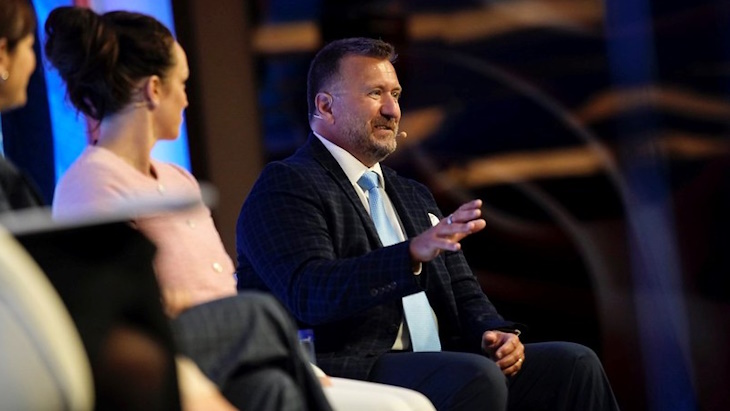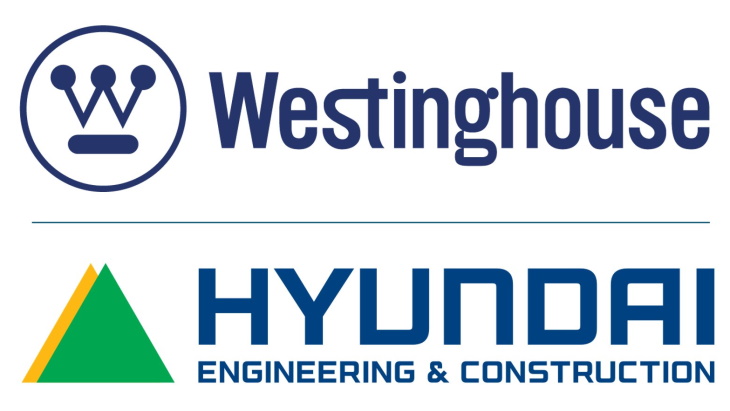US nuclear industry seeks presidential support
-(The-White-House-Shealah-Craighead).jpg)
Representatives from companies including Centrus Energy, Exelon, General Electric, Lightbridge, NuScale Power, TerraPower, Westinghouse and X-energy were invited to the White House to discuss a variety of issues relating to nuclear energy. The meeting was arranged by Jack Keane, a co-founder and director of the IP3 International organisation which works to integrate the US industry into the development and operations of peaceful and secure nuclear power in the global marketplace via public/private initiatives and US industry-led partnerships.
Executives attending the event made the case that the US nuclear power industry helps bring strong non-proliferation, safety and security standards to global markets. They also discussed the strengths of nuclear suppliers from across US industry, and how these strengths contribute to the domestic industrial base that is vital to American companies competing and winning overseas.
"The energy industry represents critical infrastructure in any country, and we value the opportunity to share our thoughts on how to maintain US leadership in this global field," Seth Grae, president and CEO of nuclear fuel technology company Lightbridge, said. "We appreciate the strong support from the administration for the nuclear power industry and agree that a strong industrial base that is aligned with our national security and economic policies serves to advance innovative technology, modern infrastructure and the highest quality of life," he added.
According to Axios, a White House official said the president talks "periodically" with Keane, who is a retired US Army general. The same report noted that the possibility of providing Saudi Arabia with a path to nuclear power would be an issue for discussion at the meeting, alongside a "larger discussion about how to make the US nuclear industry more competitive." A full nuclear cooperation agreement - also known as a 123 agreement - between Saudi Arabia and the USA will be needed before any exports of US nuclear technology or equipment would be possible.
Jordan has signed small modular reactor cooperation agreements with US companies NuScale Power and X-energy, although it too will need to conclude a full nuclear cooperation agreement with the USA before any trade could take place. X-energy CEO Clay Sell said he had been "pleased" to join his fellow CEOs in the meeting with Trump. "As world population surges and economies expand, we will be left with a serious energy crisis," he said. "We simply cannot do what has always been done and must reclaim global nuclear leadership for our own energy security, national security and to ensure the highest standards of safety for the world. We support the President and his call to win the global nuclear technology race."
According to Bloomberg, the participants argued that US national security would be jeopardised it the country does not retain a position as a chief developer of civilian nuclear power plants. As the US domestic nuclear fleet ages, exporting nuclear technology is seen as a means of ensuring the US nuclear industry continues to thrive. Trump was "engaged and probing", participants said.
Speaking after the meeting, Exelon CEO Chris Crane said: "There is competition around the globe, and we want to be part of it … There's a huge economic upside for jobs - manufacturing jobs, operating jobs, engineering jobs - that can be created in us playing a ... stronger role in the international economy".
_59102.jpg)
_49833.jpg)







_88592.jpg)
_66488.jpg)

